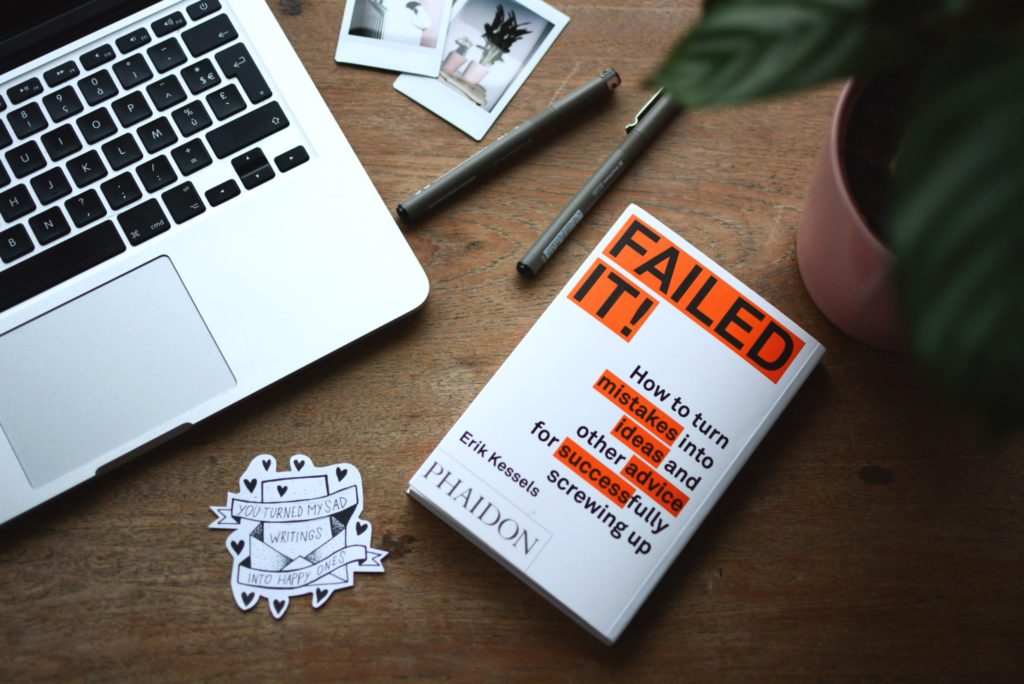5 Mistakes IELTS Students Make While Preparing

The preparation process is the most important part of succeeding in the IELTS test. Many IELTS students make some common mistakes during their preparation. So, we recommend that you be careful and do not make these mistakes while practising for the IELTS test. This way you will not lose important points. Let’s take a look at 5 common mistakes that IELTS students make.
Not improving your English
Some students study for the IELTS exam for years. It matters how much effort you put into your studies. The time you spend improving your English distinguishes your success. Do not get me wrong: learning all the strategies for each part of the exam is crucial! You should keep doing that. But, it would help if you did more than just learning tips. The IELTS test does assess how ready you are to take it. But, do not forget that first of all, IELTS is an English assessment test. So, while practising for the test, keep in mind that you need to improve your English in general. You should have a strong grammatical background, a wide range of vocabulary, and a proper pronunciation. This way, taking the test will be much easier for you.
Not Understanding the Question and Answering Anyway
You may ask an IELTS examiner to repeat the question for you. You might be surprised, but the IELTS examiners will not reduce your score for that. Many students feel like requesting the examiner to repeat the question will look bad for them. They think it will seem like their conversational skills are not good enough. Moreover, some of them think the examiners will be disappointed. But, that is not the case. We are all human, and we can make mistakes. And it is normal to mishear something for the first time. It can happen even in our mother tongue.
If you do not understand what the question is about, do not hesitate to ask the examiner to repeat it for you. It is one thing to give a relevant but not much of a convincing one. Yet, it is a whole other thing to give an irrelevant answer because you did not get the question right. You will lose more marks with the irrelevant answer. So, do not shy away and ask to repeat it.
Not Focusing on Pronunciation While Preparing for the IELTS
Many students think that they did quite well. But then, they get a low score and get confused. You might succeed in answering the questions but still, get less than you thought you would. It may as well be because of bad punctuation. You should learn how to answer various questions. You should also focus on improving your grammar and vocabulary. But, your answers might lose their effect if you do not pronounce your words right. Even if you talk grammatically correctly and use a variety of fancy words. For example, you might make complex sentences with advanced vocabulary. Yet, the examiner won’t be able to understand these words and structures. And, all these because of your mispronunciation. So, you should not forget to work on your pronunciation.
With the advances in science and technology, we have unlimited access to the Internet. Find a good TV show, TV series, or a movie and listen to how people talk in every-day situations. You should pay attention to how native people pronounce the words. You can also listen to BBC and CNN news. It will develop your understanding of different English accents. It will help you in the listening part as well.
Preparing for the IELTS but With no Motivation
It may sound weird, but this is the most common one out of the 5 mistakes IELTS students make. It is stressful for every single student in the world to prepare for an exam. Preparation takes a lot of time and effort. So, there is no wonder you might get bored or unmotivated. The situation is familiar to every person who has taken at least one test in their lives. But, indifferent work can double the time and effort you have to put into your studies. To regain your motivation, try to think about the final result. Look at your goal and reach it no matter what.
Not Taking Practice Tests
It is important to reflect on your work and the mistakes you have made. You have to understand your strengths and weaknesses and spend your time accordingly. With that said, you should keep in mind that the real test is going to be much harder. Practising individual sections makes it easier to perform well in these sections. Yet, doing a real 3 hours test can have different results. I am not saying this to discourage you – quite the opposite!
Taking a practise test under real exam conditions will show you your progress. So, do it throughout your studies. It will also help you to develop your skills further. For example, take a sample test at the beginning of your studies. It will measure your overall skills. You will understand what your weak points are. Let’s say, you found out that you have strong listening skills. And, at the same time, you are not good at reading and understanding the text. This will be a good hint to spend more time practising reading and less time listening. But, we recommend that you do not take too many tests. This way, you can have free time to practice and improve your skills. Take the real tests once in a while to measure your progress.
